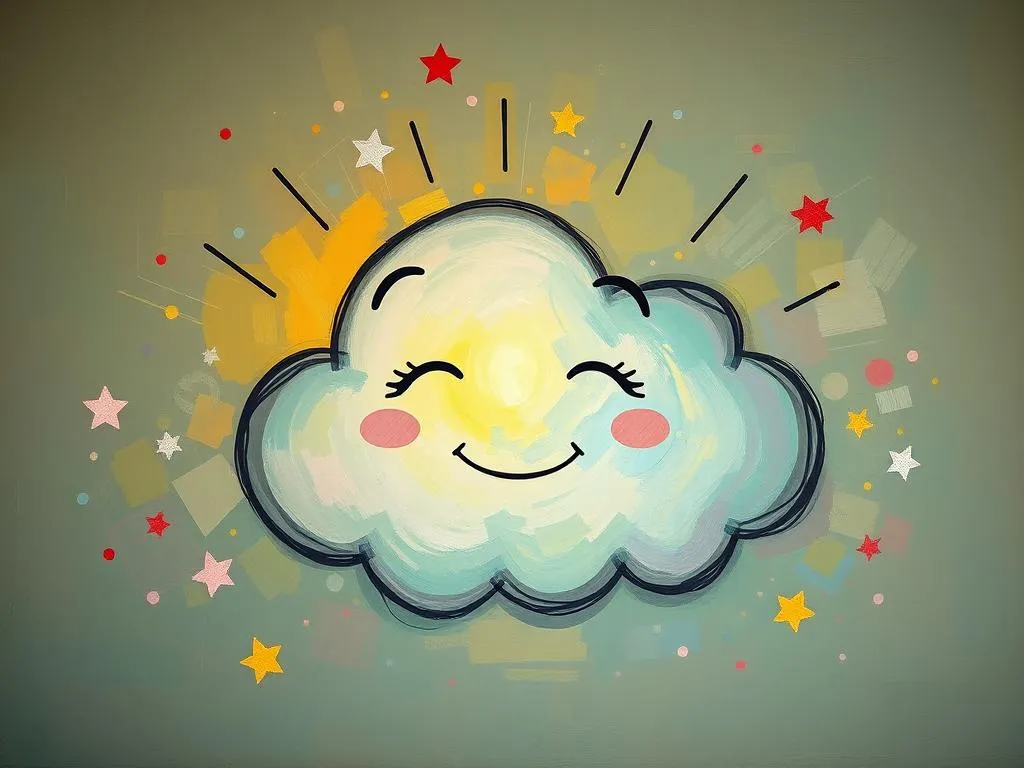
Have you ever jolted awake, heart racing, after a dream where you found yourself plummeting into the abyss? Falling dreams are among the most common experiences in the realm of sleep, yet they evoke a profound sense of vulnerability and fear. As you lay there, the echoes of your tumble linger, leaving you to wonder what your subconscious is trying to convey. In this article, we’ll unravel the symbolism behind falling dreams, explore their psychological implications, and reflect on how they might serve as guides for personal growth.
Falling dreams can be unsettling, but they also present a unique opportunity for introspection. While they may seem alarming, they are often a reflection of our waking lives—our fears, insecurities, and the challenges we face. As we delve deeper into the meaning of falling dreams, you may discover insights that resonate with your own experiences and feelings. So, take a deep breath, and let’s explore this fascinating aspect of our dream world together.
The Plunge: Understanding the Symbolism of Falling
Falling dreams are rich in symbolism and often serve as a mirror reflecting our innermost fears and anxieties. At their core, these dreams can symbolize a sense of loss of control or a fear of failure. Psychologically, falling can represent a feeling of insecurity or vulnerability in various aspects of life—be it in relationships, work, or personal identity. When we dream of falling, it’s as if our subconscious is urging us to confront these underlying fears.
Cultural interpretations of falling dreams vary widely. In Western cultures, for instance, falling is frequently associated with failure or loss of status. In many cases, individuals may wake up just before hitting the ground, symbolizing a last-minute escape from a feared reality. Conversely, in some Indigenous cultures, falling dreams can represent a transition or transformation, suggesting that one is shedding old habits or beliefs to embrace new beginnings. This perspective emphasizes the transformational power of dreams, highlighting that falling can also signify growth rather than just fear.
From a modern psychological perspective, falling dreams can be linked to the concept of anxiety. According to cognitive psychologists, these dreams may arise during periods of stress or when we are confronting significant life changes. The sensation of falling can also be tied to physical sensations experienced during sleep, such as muscle relaxation or a sudden drop in heart rate. This aligns with the belief that our bodies communicate with our minds, reflecting how our emotional and physical states intertwine.
A common misconception about falling dreams is that they always indicate a negative state of mind. While they can certainly reflect anxiety, they do not necessarily mean that something bad is about to happen. Instead, they may serve as a gentle reminder from your subconscious to acknowledge your fears and address them proactively. Recognizing that falling dreams can carry both warning and insight can transform how you perceive them.
The Descent: Scenarios of Falling Dreams
Now that we’ve explored the symbolism behind falling dreams, let’s dive into some relatable scenarios that illustrate the emotions and meanings behind these experiences.
1. The Classroom Plunge
Imagine you’re sitting in a classroom, surrounded by your peers. Suddenly, you find yourself falling from your chair, plummeting through the floor. The sensation of weightlessness grips you, and panic sets in as you feel completely unprepared. This dream often reflects feelings of inadequacy or anxiety about your performance—perhaps you’re facing an important exam or project. The emotions of this dream mirror your waking fears of not measuring up to expectations, whether they are self-imposed or societal.
2. The Elevator Drop
Picture yourself in an elevator, ascending to the top floor of a skyscraper. Just as you reach the summit, the elevator jolts, and you begin to free-fall. The gut-wrenching sensation is palpable. This scenario often symbolizes the fear of losing status or power. It may resonate with individuals experiencing career shifts or social pressures. The dream serves as a call to reassess what truly matters—your identity beyond external validation.
3. The Cliff Fall
In this dream, you find yourself standing at the edge of a steep cliff, gazing at the breathtaking view below. A sudden misstep sends you tumbling down. The experience is both exhilarating and terrifying. This dream can signify a fear of taking risks or stepping into the unknown. It encourages you to confront your fears and embrace change, even when it feels daunting. The cliff represents life’s challenges, and your fall might be a nudge to leap into new opportunities.
4. The Airplane Dive
Imagine you’re aboard an airplane, soaring through the clouds. As turbulence strikes, the plane begins to spiral downward. You grip your seat, heart racing. This dream often reflects feelings of helplessness in situations beyond your control, such as a difficult relationship or a challenging job. It serves as a reminder to focus on what you can manage, rather than succumbing to external chaos.
5. The Bed Fall
In a more common yet equally disconcerting scenario, you find yourself falling off your bed while asleep. You wake up startled, heart racing. This dream can signify a fear of instability in your life or a sense of being uprooted. It may be a sign that you need to ground yourself—both physically and emotionally—by creating a stable environment or routine.
Through these scenarios, we can see how falling dreams resonate with our waking lives, often intertwining our fears and aspirations. Each experience carries a unique emotional weight, reminding us of our vulnerabilities while encouraging us to confront them.
Soaring Higher: Using Falling Dreams for Personal Growth
The exploration of falling dreams not only reveals our fears but also offers profound opportunities for personal growth. Here are some key psychological insights, reflection questions, and actionable steps to help you navigate the messages behind these dreams.
Key Psychological Insights
- Embrace Vulnerability: Falling dreams remind us that vulnerability is a natural part of the human experience. Accepting this can lead to deeper connections with ourselves and others.
- Confronting Fear: These dreams often signal unresolved fears or anxieties. By confronting rather than avoiding them, we can cultivate resilience and strength.
- Transformation Through Fear: Just as a caterpillar must shed its cocoon, falling can symbolize necessary changes. Embrace the discomfort as a sign of growth.
Reflection Questions
- What recent changes or challenges in your life might be contributing to feelings of insecurity or fear?
- In what areas do you feel a lack of control, and how can you begin to regain that power?
- How can you reframe your perspective on falling—viewing it as an opportunity for growth rather than a setback?
Action Steps
- Journaling: Begin a dream journal to track your falling dreams. Reflect on the emotions you felt and any connections to your waking life.
- Mindfulness Practice: Engage in mindfulness exercises to ground yourself and build resilience against anxiety. Techniques like deep breathing or meditation can help you feel more secure.
- Set Realistic Goals: Identify small, achievable goals in areas where you feel insecure. Celebrate your progress to reinforce a sense of accomplishment.
Surprising Facts
- Studies show that up to 70% of people experience falling dreams at least once in their lifetime, making them a widespread phenomenon.
- Falling dreams are more common during periods of stress or emotional turmoil, indicating a strong link between our waking experiences and dream content.
As we conclude this exploration of falling dreams, remember that they serve as powerful reflections of our inner world. Embrace the discomfort, for it often leads to growth and self-discovery. The next time you find yourself free-falling in a dream, take a moment to breathe, reflect, and consider the lessons it may hold. After all, it’s not just about how far we fall, but how we rise to meet the challenges ahead. So, what will you do with your next leap?







